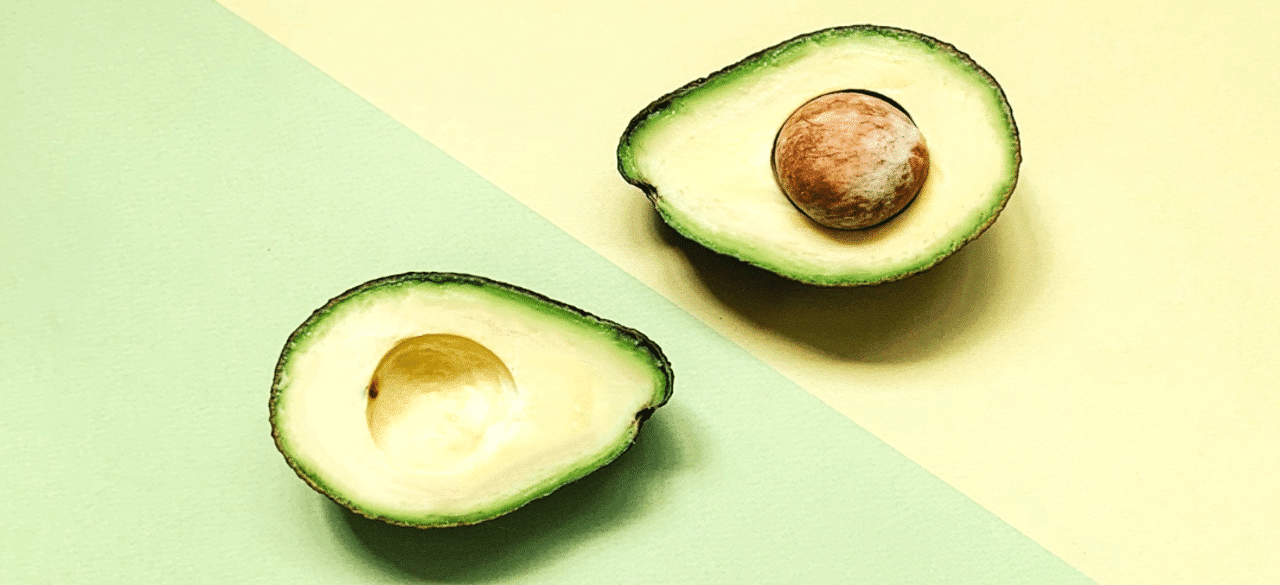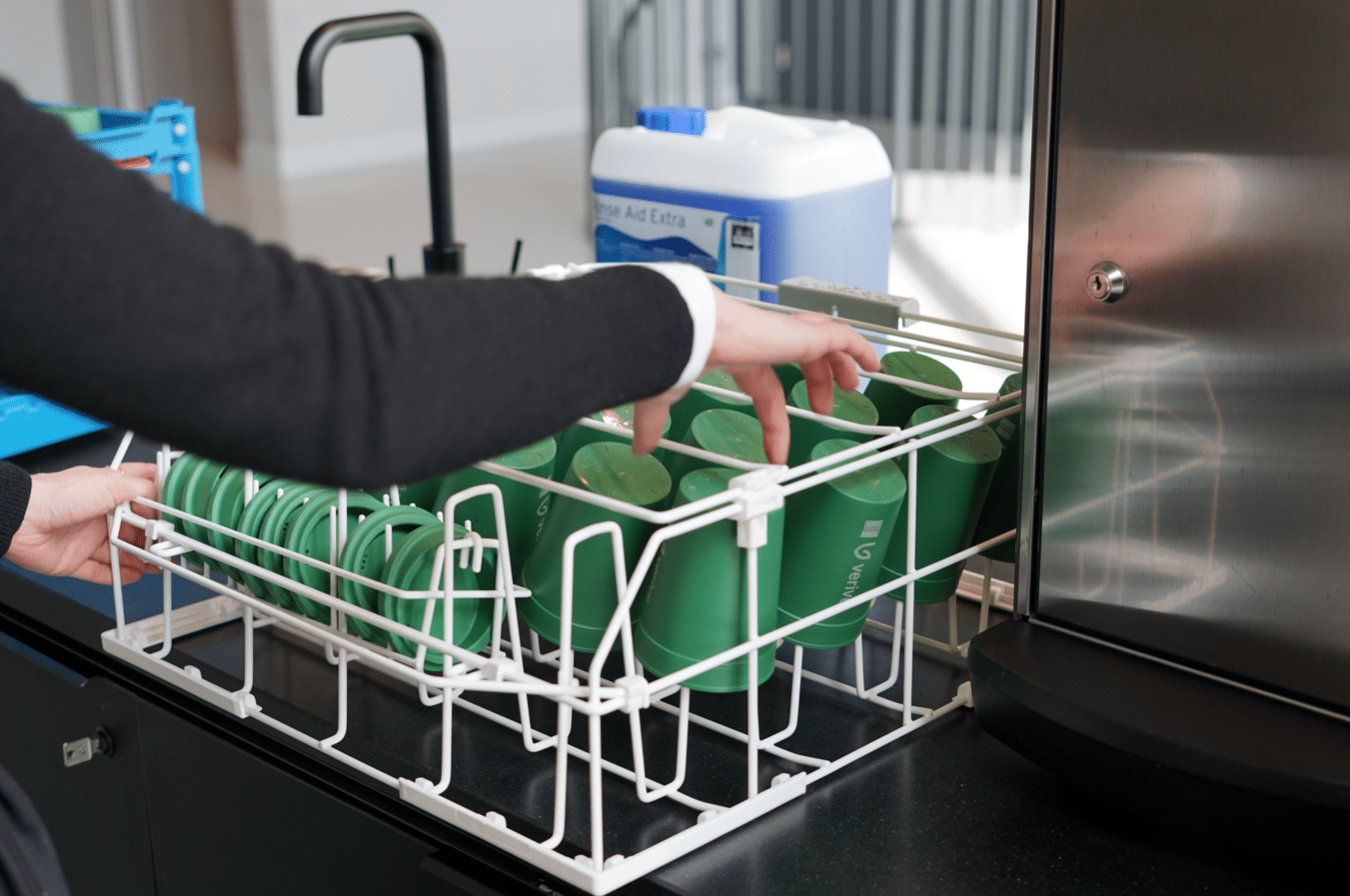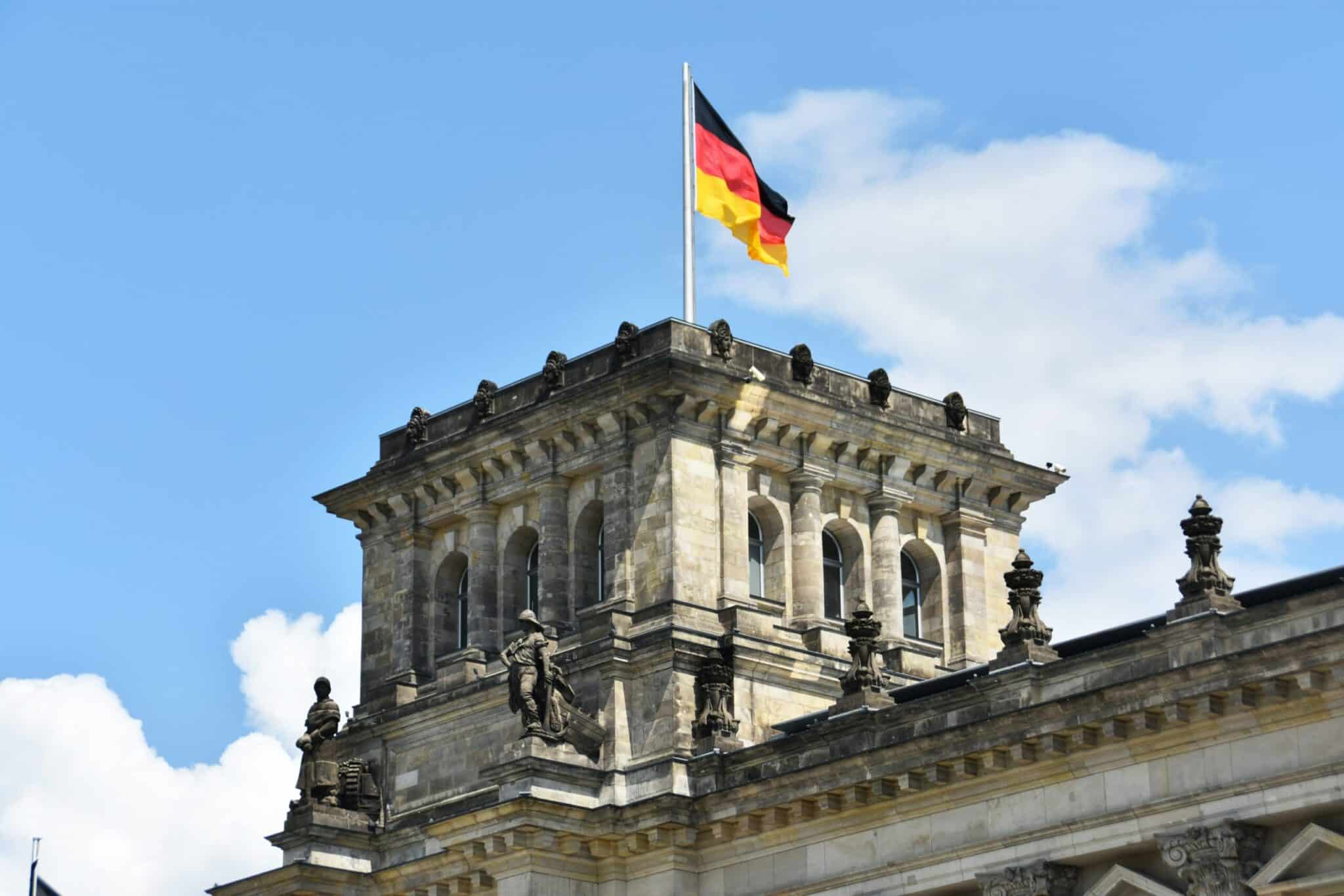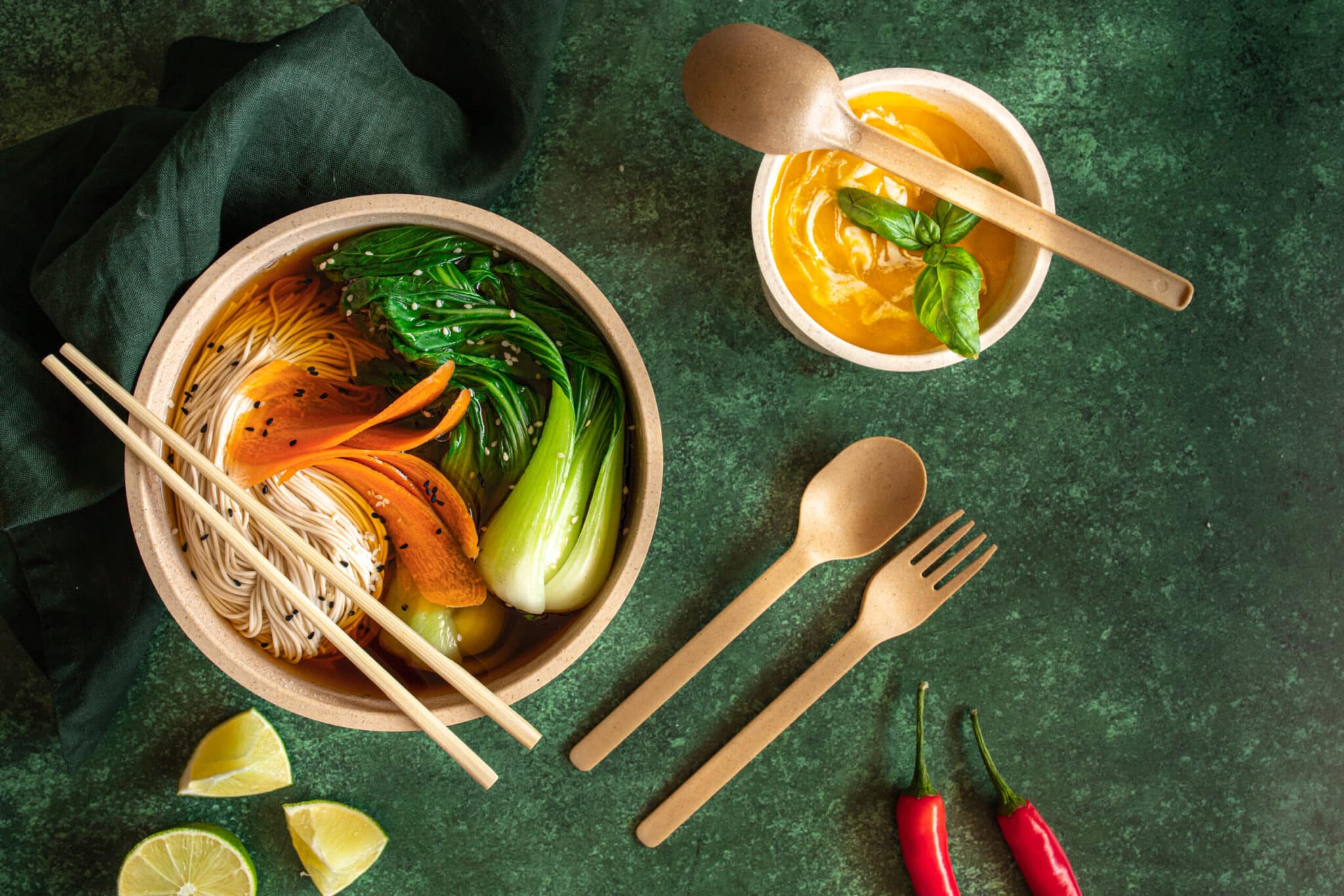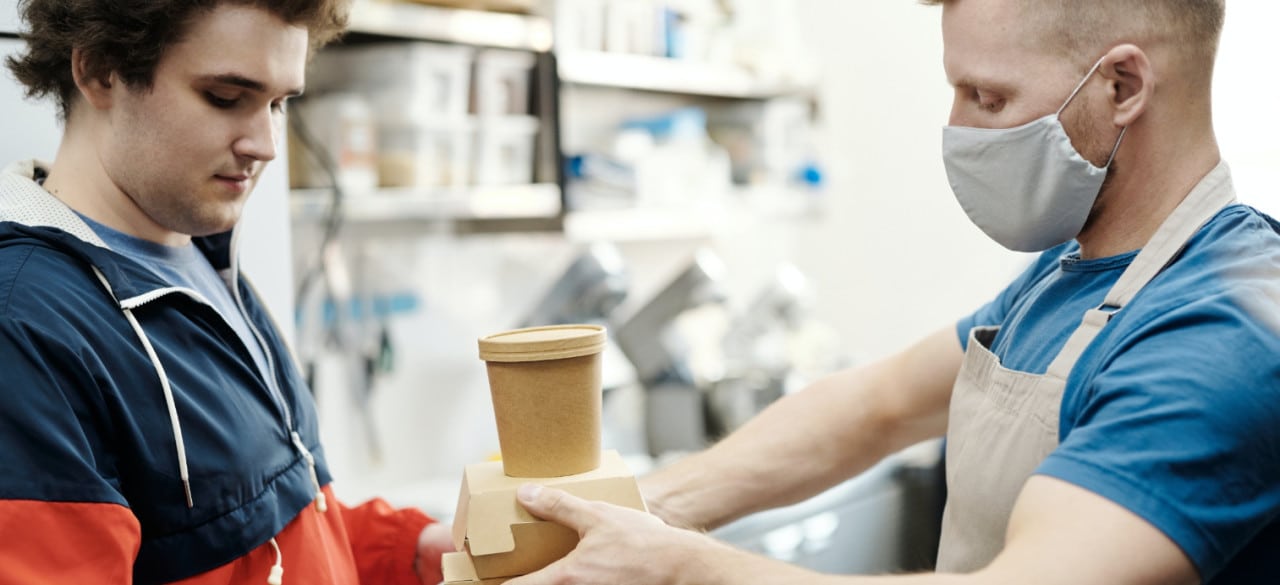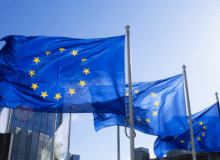About this article
Catering companies have a major role to play in the fight against food waste – and Dutch company Vermaat is demonstrating how it’s done.
It is no exaggeration to say that food waste is one of the most significant issues affecting the planet today. One third of all food produced globally is never eaten, at a breathtaking annual cost of $990 billion. The costs to the environment are no less shocking: If food waste were a country, it would be the third largest emitter of greenhouse gases.
Waste happens at every stage of the supply chain – from farms, to transport, to supermarkets and even our own dinner plates. Catering companies are an important part of the chain – in Europe, the food services sector is responsible for 12% of all food waste.
Vermaat is a Dutch company that started life as a humble delicatessen, but now operates in 400 locations (and counting) across the Netherlands, Belgium and Germany – from airports and hospitals to offices and events. They also run a ‘slow food’ restaurant, RIJKS, in the Rijksmuseum, complete with Michelin star.
They are a big player in the food service industry – but as Pauline Rosenberg, Vermaat’s Sustainability Advisor, explains, this means they also have a big responsibility. We spoke to Pauline to learn more about Vermaat’s approach, and how they’re creating a future with far less food waste.
Why is food waste a big issue for at Vermaat?
A central part of our corporate strategy is to reduce our impact on the environment, and reducing food waste is one of the main ways we can achieve this. This is a focus area for us not just because it’s the right thing to do, but because it makes a lot of commercial sense. Waste costs money, both to unnecessarily prepare and to dispose of. By reducing our costs and optimising our processes, we can limit our impact and more effectively future-proof the business.
What are your objectives in regards to food waste?
Every year our goal is to reduce our overall food waste by 10%. We map out how to achieve this across the business, so that each individual location has their own targets and plan that are strategically aligned with their structure and setting.

What are some examples of the initiatives that your locations are working on?
We have quite a few, and are always looking for more – and more effective – ways to achieve our ongoing food waste targets. One that has been received well and seen good results across our sites is the work of our team of Formula Managers. They visit our sites across the country to help educate and create, by working with our kitchens to curate new recipes and menus that limit food waste – by, for example, using similar ingredients.
Another success for us has been our partnership with Too Good To Go – an app that connects leftover food with people who want to buy it, preventing it from going to waste. In our commercial locations, such as restaurants or stores, we use the app to advertise and sell boxes of our food to consumers; and in office locations, we use it to advertise canteen leftovers directly to employees who can then take lunch leftovers home for dinner. The app was particularly effective during COVID-19 lockdowns, when we collaborated with our suppliers to ensure that food didn’t go to waste while facilities were closed. We set up 15 pick up locations with Too Good to Go and have sold 20,000 boxes so far, which is bringing in a different income stream for our locations and suppliers while also saving food from being thrown away.

Some of our other initiatives really focus on tapping into the creativity of our teams. We run an annual competition among Vermaat’s chefs to create a new recipe from leftover food that would normally go to waste – banana peels, for example, transformed into vegetarian pulled pork – with winning ideas being added to their menus. And we collaborate with our suppliers and partners to come up with innovative uses for food waste, such as using coffee grounds to grow mushrooms that we serve in our burgers or croquettes, and orange peel (in collaboration with PeelPioneers) to make beer and ice cream.
What is the future for food waste at Vermaat?
We look forward to relaunching a lot of the initiatives I’ve mentioned as our facilities begin to re-open again. The key for us will be collecting data and setting specific objectives to keep working towards the minimum of 10% reduction year on year.
We have been working with Orbisk since 2019 to measure and record our food waste using their AI technology – but the pandemic hit soon after we began piloting this in 15 locations that unfortunately had to close. We’re really looking forward to continuing and expanding this initiative in the future, as the data will help us set individual targets per location and get a better understanding of what we waste, when we waste it and where. Ultimately data is the most important thing to have when setting targets.
As well as continuing our work with both Orbisk and Too Good to Go, we will keep looking for new solutions and partners – particularly when it comes to revaluing waste, similar to the mushrooms and orange peel solutions that have been effective so far. This is a challenging area when it comes to hygiene impact, which is always our number one priority.
A really exciting – and ambitious! – plan for us is to launch our first waste free restaurant. It will be in one of our corporate locations, and, with the help of our suppliers, be completely circular – right down to the nut bags being returned to suppliers for recycling. We will have a composting machine on site and collaborate with a local farm so our organic waste can feed their pigs. The concept is a trial, but we believe it will be achievable.
For us, the real opportunities lie in creativity, collaboration and rigorous data. We’ll be keeping our focus on these areas so that we can continue finding and expanding ways to reduce our food waste – especially as understanding of the impact of food waste on the environment, and on our bottom line, continues to grow.
Enjoyed this article? Read our second interview with Vermaat for more tips to reduce food waste.
